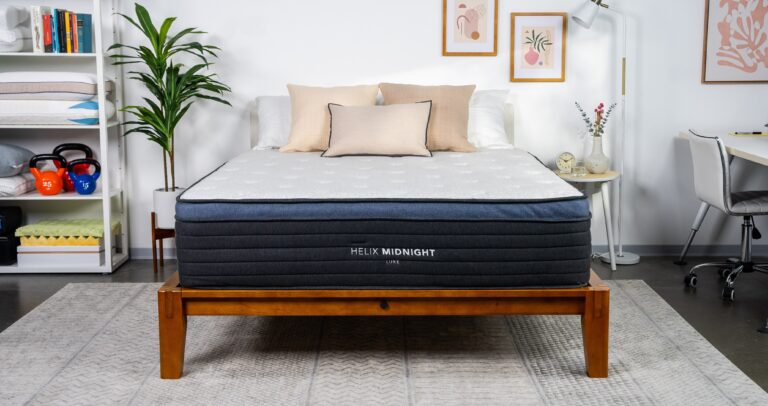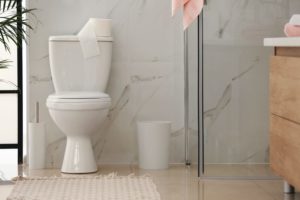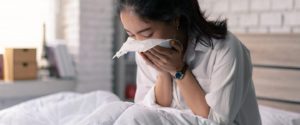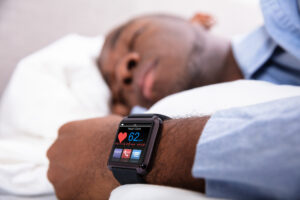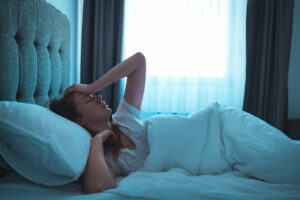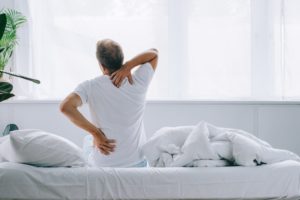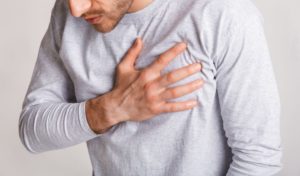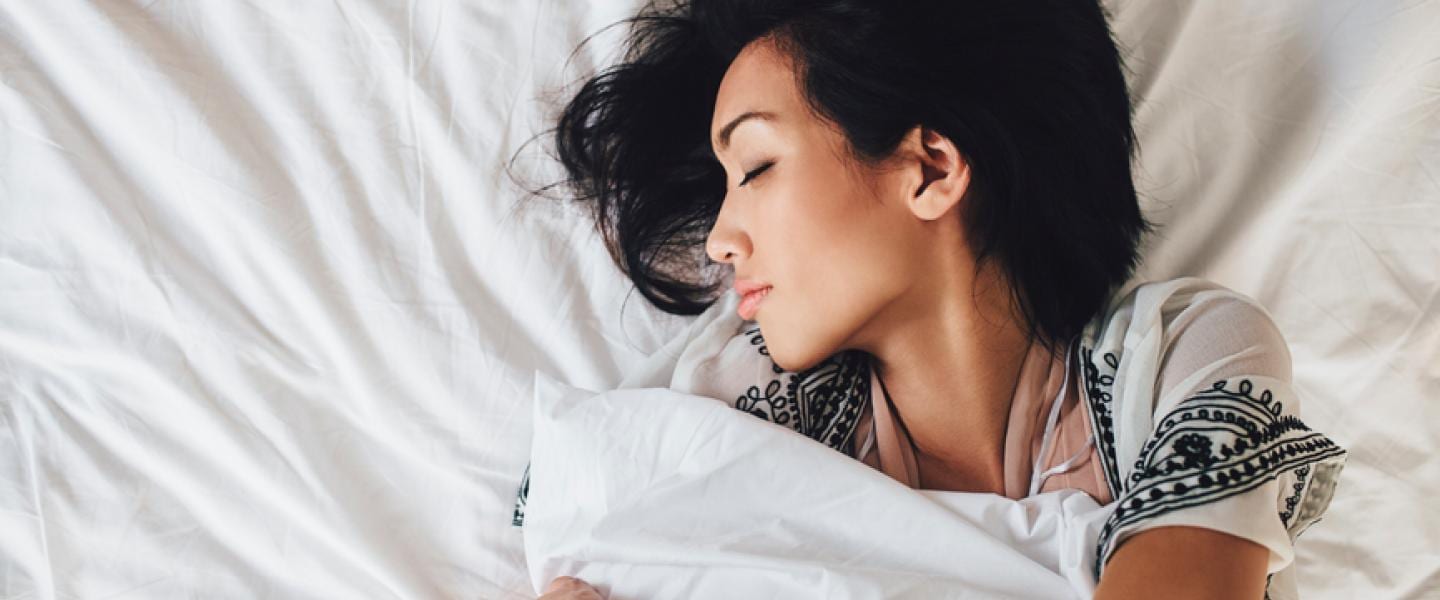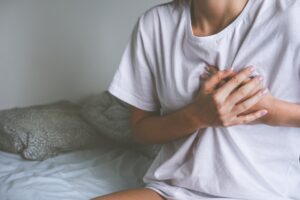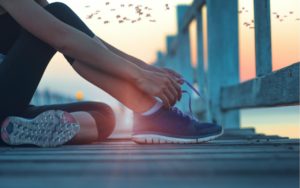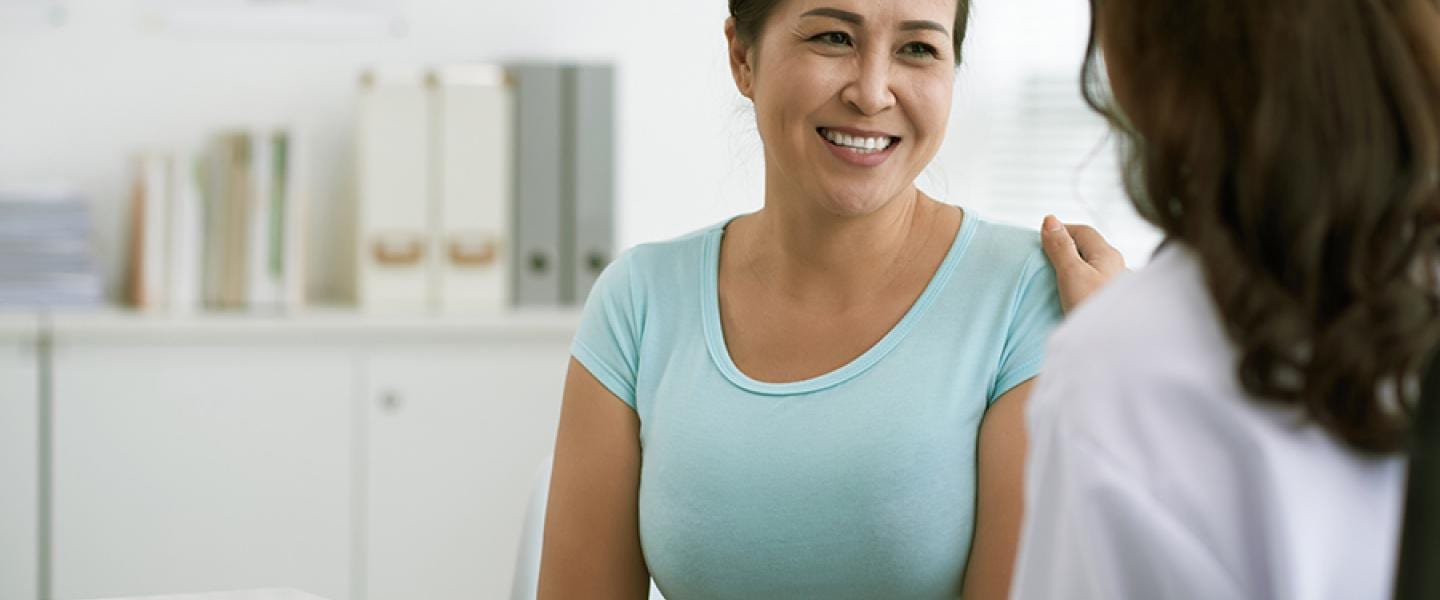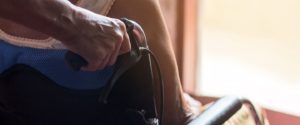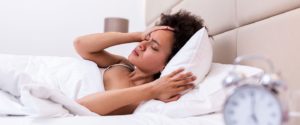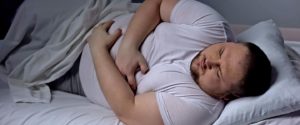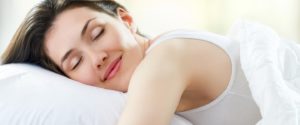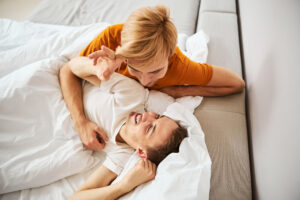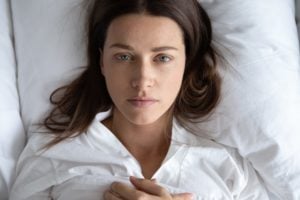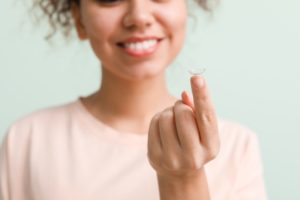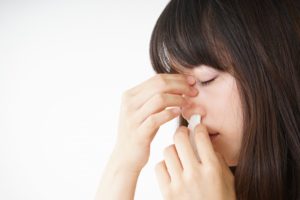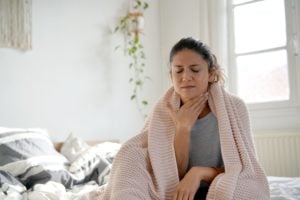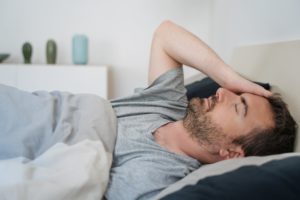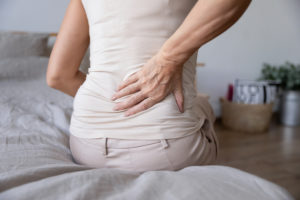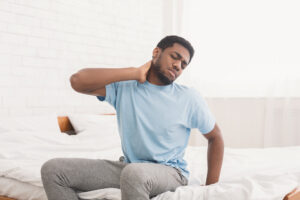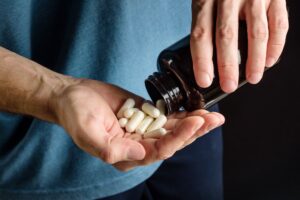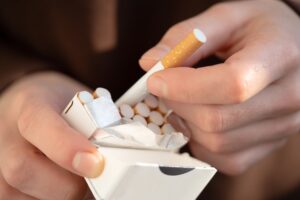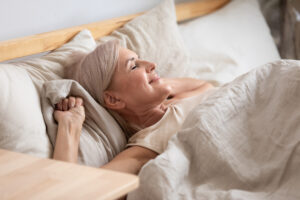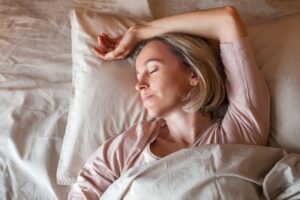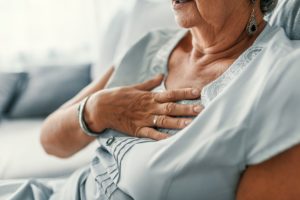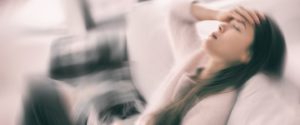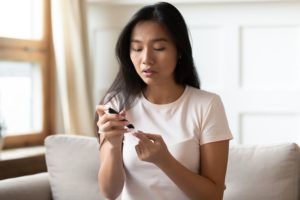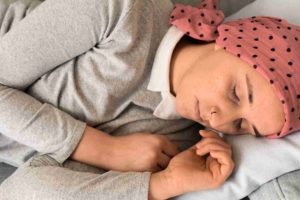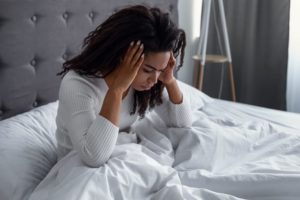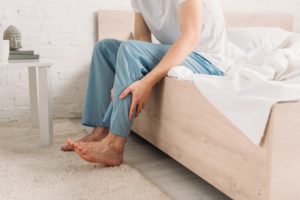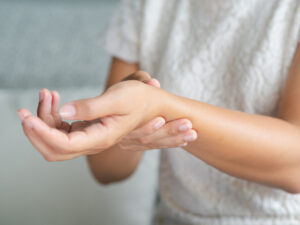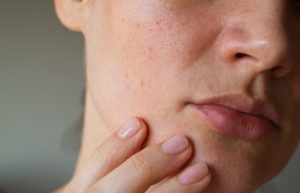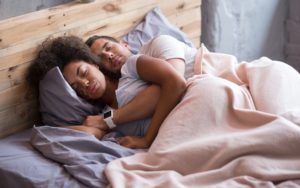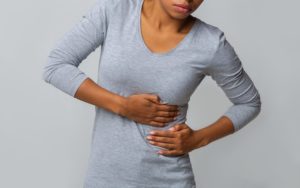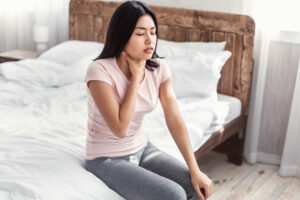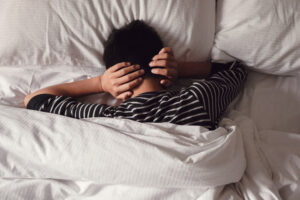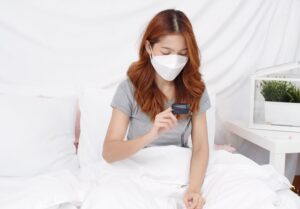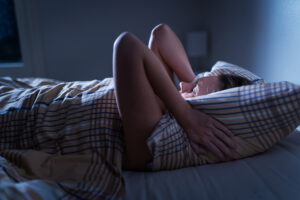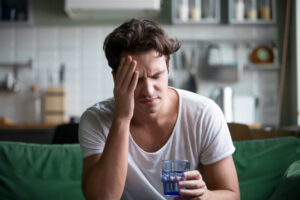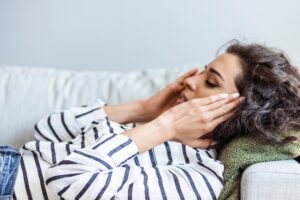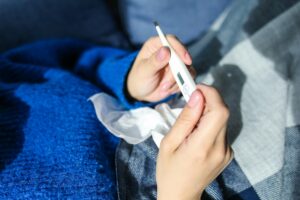Beauty Sleep: Why Rest and Relaxation Impact Appearance
Consistent quality sleep offers numerous health benefits. A night of rest leaves the body feeling refreshed and energized, and can positively impact a person’s mood and focus. Another widely believed benefit is that sleep contributes to a person’s attractiveness.
Although the phrase “beauty sleep” is quite common, there is limited scientific evidence that quality sleep translates to physical beauty. This may be due in part to the subjectivity of beauty, since beauty standards vary across cultures and among individuals.
We examine the truth behind the common phrase “beauty sleep” and discuss the physical benefits of quality sleep.
Looking to improve your sleep? Try upgrading your mattress.
The Science Behind “Beauty Sleep”
Sleep plays a key role in maintaining and repairing the entire body, from the brain and immune system to metabolism and even the skin . Many restorative processes occur during sleep, such as:
- Increased production of growth hormone, which is thought to help with muscle growth and rebuilding of cells
- Strengthen the immune system to prevent sickness and fight infection
- Formation and maintenance of pathways in the brain related to learning and memory
- Decrease of stress hormones and regulation of hormones
These processes can play a role in a person’s physical appearance, which may influence their self-perception of beauty.
How Sleep Deprivation Can Affect Appearance
Sleep deprivation can impact a person’s physical health , mental health, and physical appearance. Experts recommend adults get at least seven hours of sleep each day, but over a third of the American adult population regularly gets less than that amount.
A night of poor sleep can cause unwanted effects on the skin, mouth, and eyes, such as:
- Paler skin than usual
- Wrinkles and fine lines
- Hanging corners of the mouth
- Drooping or hanging eyelids
- Red or swollen eyes
- Dark circles below the eyes
Changes in appearance caused by sleep deprivation can also lead to a number of social implications. Face perception affects judgments of character, aggression, and trustworthiness. Researchers have found that people who are sleep deprived appear sadder and more fatigued than people who have had sufficient sleep.
A small study investigating social perception and sleep deprivation showed that sleepy-looking people are seen as less attractive and less healthy. This perception increased their likelihood of being avoided by others.
The Potential Benefits of Beauty Sleep
During sleep, the body goes through a number of growth, repair, and restore processes. Some of these processes influence elements of a person’s physical appearance, including the skin and hair. Getting sufficient sleep each night may lead to desirable effects in these areas.
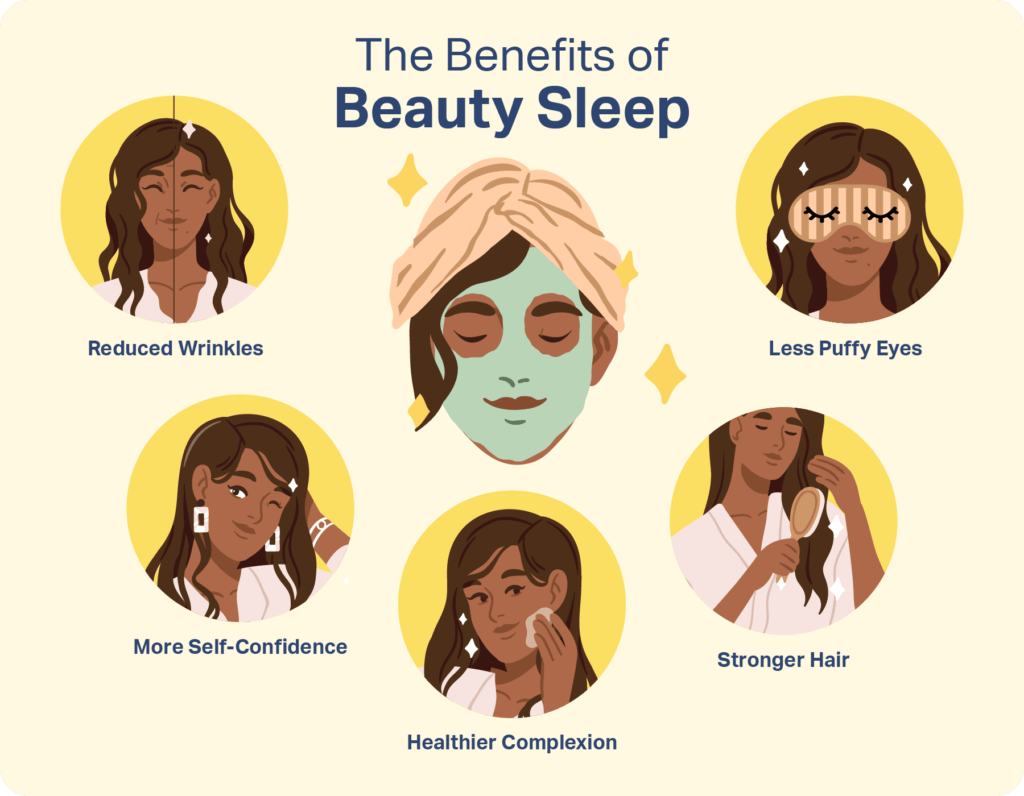
Reducing Wrinkles
One potential benefit of beauty sleep may be a reduction in wrinkles. The skin is made up of several proteins, such as collagen and elastin, that make the skin elastic and flexible. Research suggests that without sufficient sleep the immune system is weakened, which can impact the amount and strength of collagen produced. As a result, the health of the skin decreases, potentially causing wrinkles.
Insufficient sleep has been associated with increased wrinkles , crow’s feet, and frown lines. A small study of Korean women in their 40s found that these changes occurred after just one day of sleep deprivation. The elasticity of the skin, or its ability to bounce back into place, also significantly decreased.
Further research can identify to what extent a lack of sleep plays a role in increased wrinkling and how good sleep can prevent or reduce wrinkling.
Enhancing Complexion
Regular quality sleep may also play a role in maintaining a clear skin complexion. The circadian rhythm not only regulates the body’s internal clock and tells the body when it is time to sleep, but it also regulates functions of the body’s organs, including the behavior of the skin .
At night, the skin has its highest levels of blood flow, which increases body temperature and helps repair badly damaged skin. Researchers have also found that the body’s peak time for repairing skin cells damaged by exposure to UV sunlight is in the early morning.
Both insufficient sleep and late bedtimes are linked to undesirable changes in skin complexion. Peeling skin, skin dehydration, and glossy skin have been observed in participants of sleep deprivation studies. Late bedtime is associated with decreased skin hydration , increased water loss, and increased production of oily secretions, which can lead to some types of acne .
Reducing Dark Circles
To observers, dark circles under the eyes often signal sleep deprivation and fatigue. One theory suggests that a lack of sleep decreases oxygen around the eye which can lead to dilation of the vessels under the eye. However, current evidence of beauty sleep reducing dark circles is limited .
A number of factors are associated with dark circles, also called periorbital hyperchromia. People with darker pigmented skin or a family history of circles under the eyes may be more likely to experience dark circles themselves. Others may have naturally thin skin or loose, sagging skin under the eyes that makes a change in the skin color more noticeable.
Strengthening Hair
Insufficient sleep may negatively impact hair look and strength. Poor sleeping habits can place high levels of stress on the body, leading to the release of the stress hormone cortisol . When cortisol levels are raised, the body produces more sebaceous oil including at the root of every hair. The increased oil production can result in greasy hair and dandruff.
Stress, including stress caused by a lack of sleep, can also cause hair loss . Normally, hair grows in a repeating cycle with three stages: growth, degeneration, and falling out. Researchers have found that excessive production of stress hormones disrupts this cycle and prevents the growth stage from happening after the falling-out stage.
Tips to Get More Beauty Sleep
Sleep hygiene is a set of habits and or behaviors that can improve sleep. To get more beauty sleep and all the benefits that come with it, it’s important to practice good sleep hygiene.
- Keep a regular sleep schedule: Waking up and going to bed at consistent times each day, including the weekends, ensures your sleep schedule is not disrupted.
- Create a quality sleep environment: A good sleep environment is quiet, dark, and kept at a cool temperature. Accessories that reduce noise and light distractions, such as earplugs or blackout curtains, can help make a space comfortable for sleep.
- Exercise regularly: Frequent exercise offers many health benefits, including making it easier to fall asleep and stay asleep. Experts recommend exercising at least a few hours before going to sleep so that the heart rate is not elevated before bedtime.
- Wind down in the evening: A quiet nighttime routine can help the body relax and prepare for sleep. Consider calming activities such as taking a bath or reading.
- Put away electronics: In the hour before bedtime, avoid devices such as cell phones, TVs, computers, and other electronics. Exposure to the blue light from such devices before bedtime can make it difficult to fall asleep.
- Avoid lying awake in bed at night: If you cannot fall asleep after 20 minutes of lying in bed, move to another room and do a calming, quiet activity until you feel sleepy.
When it comes to sleep issues, it is also important to communicate your concerns with your doctor. Address any sleep disorder symptoms that may be interfering with quality sleep.

Still have questions? Ask our community!
Join our Sleep Care Community — a trusted hub of sleep health professionals, product specialists, and people just like you. Whether you need expert sleep advice for your insomnia or you’re searching for the perfect mattress, we’ve got you covered. Get personalized guidance from the experts who know sleep best.
References
14 Sources
-
National Institute of Neurological Disorders and Stroke. (2022, September 26). Brain basics: Understanding sleep.
https://www.ninds.nih.gov/health-information/public-education/brain-basics/brain-basics-understanding-sleep -
Lyons, A. B., Moy, L., Moy, R., & Tung, R. (2019). Circadian rhythm and the skin: A review of the literature. The Journal of Clinical and Aesthetic Dermatology, 12(9), 42–45.
https://pubmed.ncbi.nlm.nih.gov/31641418/ -
Cirelli, C. (2021, June 7). Insufficient sleep: Definition, epidemiology, and adverse outcomes. In A.F. Eichler (Ed.). UpToDate.
https://www.uptodate.com/contents/insufficient-sleep-definition-epidemiology-and-adverse-outcomes -
Liu, Y., Wheaton, A. G., Chapman, D. P., Cunningham, T. J., Lu, H., & Croft, J. B. (2016). Prevalence of healthy sleep duration among adults–United States, 2014. MMWR. Morbidity and mortality weekly report, 65(6), 137–141.
https://pubmed.ncbi.nlm.nih.gov/26890214/ -
Sundelin, T., Lekander, M., Sorjonen, K., & Axelsson, J. (2017). Negative effects of restricted sleep on facial appearance and social appeal. Royal Society Open Science, 4(5), 160918.
https://pubmed.ncbi.nlm.nih.gov/28572989/ -
Kahan, V., Andersen, M. L., Tomimori, J., & Tufik, S. (2010). Can poor sleep affect skin integrity?. Medical Hypotheses, 75(6), 535–537.
https://pubmed.ncbi.nlm.nih.gov/20678867/ -
Jang, S. I., Lee, M., Han, J., Kim, J., Kim, A. R., An, J. S., Park, J. O., Kim, B. J., & Kim, E. (2019, November 6). A study of skin characteristics with long term sleep restriction in Korean women in their 40s. Skin Research and Technology, 26(2), 193–199.
https://pubmed.ncbi.nlm.nih.gov/31692145/ -
Matsui, M., Pelle, E., Dong, K., & Pernodet, N. (2016, May 24). Biological rhythms in the skin. International Journal of Molecular Sciences, 17(6), 801.
https://doi.org/10.3390/ijms17060801 -
Li, Y., Shi, Y., Wang, M., Liu, T., Yang, S., & Ma, L. (2022, June). Regular late bedtime significantly affects the skin physiological characteristics and skin bacterial microbiome. Clinical, Cosmetic and Investigational Dermatology, Volume 15, 1051–1063.
https://pubmed.ncbi.nlm.nih.gov/35698548/ -
Thiboutot, D. & Zaenglein, A. L. (2022, March 29). Pathogenesis, clinical manifestations, and diagnosis of acne vulgaris. In R. P. Dellavalle, M. L. Levy, & C. Owen (Eds.).
https://www.uptodate.com/contents/pathogenesis-clinical-manifestations-and-diagnosis-of-acne-vulgaris -
Rocha Barone, C., Catucci Boza, J., Challub Pires, G., Perusato Pereira, P., & Ferreira Cestari, T. (2019, October 30). The influence of sleep quality on the development of periocular hyperchromia: A case control study. Journal of Cosmetic Dermatology, 19(7), 1760–1767.
https://pubmed.ncbi.nlm.nih.gov/31663247/ -
Vashi, N. & Kundu, R. V. (2022, April 5). Acquired hyperpigmentation disorders. In E. Stratman (Ed.). UpToDate.
https://www.uptodate.com/contents/acquired-hyperpigmentation-disorders -
Nollet, M., Wisden, W., & Franks, N. P. (2020, April 17). Sleep deprivation and stress: A reciprocal relationship. Interface Focus, 10(3), 20190092.
https://pubmed.ncbi.nlm.nih.gov/32382403/ -
Choi, S., Zhang, B., Ma, S., Gonzalez-Celeiro, M., Stein, D., Jin, X., Kim, S. T., Kang, Y. L., Besnard, A., Rezza, A., Grisanti, L., Buenrostro, J. D., Rendl, M., Nahrendorf, M., Sahay, A., & Hsu, Y. C. (2021, March 31). Corticosterone inhibits GAS6 to govern hair follicle stem-cell quiescence. Nature, 592(7854), 428–432.
https://pubmed.ncbi.nlm.nih.gov/33790465/


